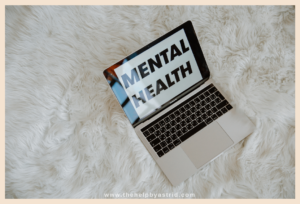
Have you ever had days when you look down on your to-do list and think “every single one of these seems important”? There seems to be a ton of work to plow through and all of them look either urgent or “drop everything and work on this” kind of important. Where do you even begin?
Do you close your eyes and point at something? Should you “eeny, meeny, miny, moe”? Should you throw a dart?
We’ve all been here. The overwhelm paralyzes us before we even get to work on any of our important task items. In the end, nothing gets done. Here are a few strategies to effectively prioritize tasks that all look important.
Map out your objective
This may seem like an extra item to your already insurmountable to-do list, but this is the first step to knowing where to get started. Once you have done this a few times, it should come naturally. After you have mapped out your objective, ask yourself if the task is aligned with your objective. If not, park it and revisit on a later date.
Use the Eisenhower Matrix
Here’s a trick that might work: President Dwight Eisenhower (a productivity powerhouse) once said “ what is important is seldom urgent and what is urgent is seldom important.” He has designed a matrix that’s great for weeding out what task can be addressed urgently and what needs to be focused on. Draw a square and then split it into four even quadrants. On the left side, label the boxes with “important” and “not important.” On the top, label the boxes with “urgent” and “not urgent.” Take a look at your to-do list and decide whether they are urgent, not urgent, important, not very important. Your urgent and important tasks will fall under the “do it now” quadrant. Your important but not urgent tasks will fall under the “decide when” quadrant. Other tasks will fall under the “delegate” quadrant (who else can do it?) and the “delete” quadrant (these tasks are the ones you can ditch altogether). Curious about the Eisenhower Matrix? We talk more about it in this article.
Go for the quick win
While it is not always a good idea to start with the easy tasks (that gives you a false sense of productivity and throws you focus off of important tasks), you can make an exception in cases of major overwhelm bordering on burnout. Your productivity suffers whenever you are fatigued. Going for the low hanging fruit gives you a quick win that could provide enough motivation to start a snowball effect. A quick win can cut through the overwhelm and clear the air out so that you can make better prioritization decisions. Then you can proceed to tackling the more important items on your task list.
Do you have tips on how to prioritize items on your to-do lists? We’d love to know your strategy. Share them with us in the comments. Remember to work smart and be a blessing to someone today. Stay safe and healthy!
Written by Jaie O. TheHelp



